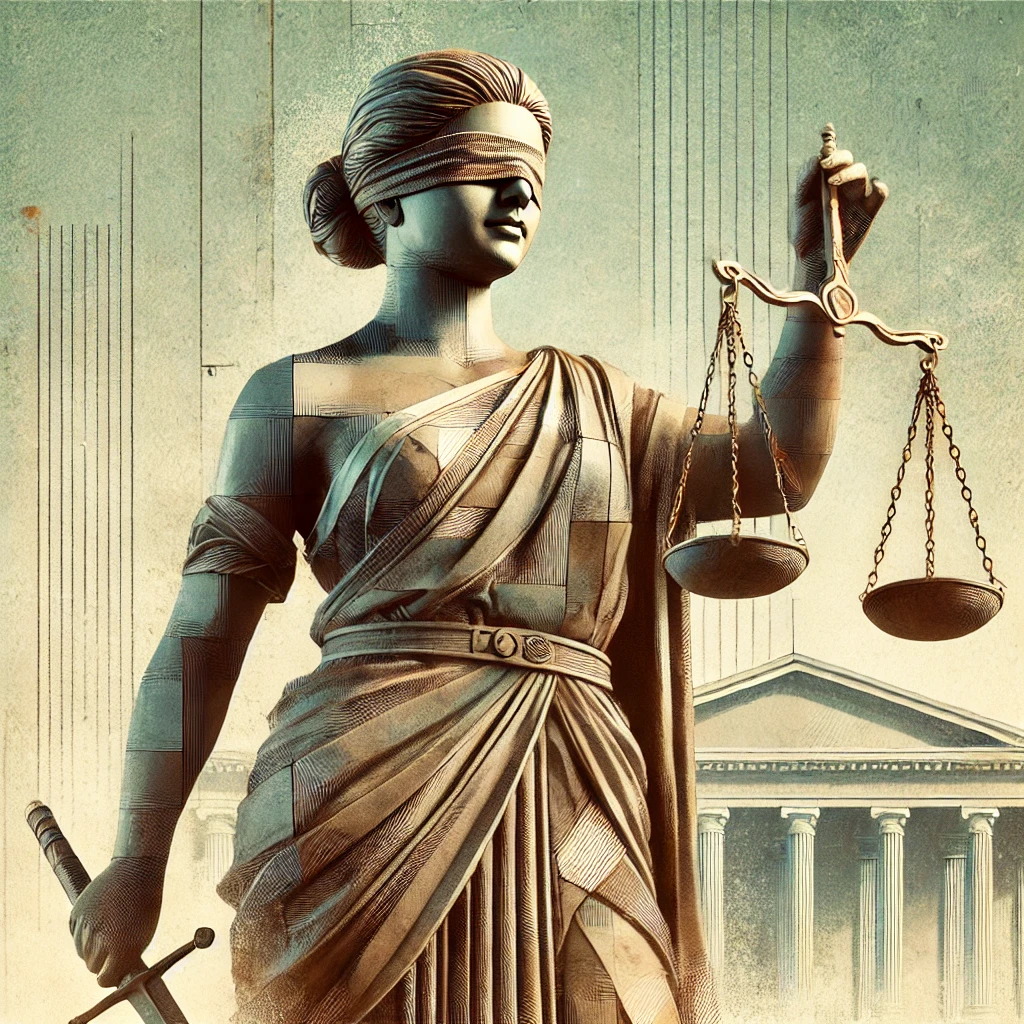*Supreme Court’s Stance on Criminalization of Politics
Disclosure of Criminal Background: The Supreme Court has made it mandatory for all candidates contesting elections to declare any criminal cases pending against them. Political parties must also explain why they are fielding candidates with criminal backgrounds, if any.
Lilly Thomas vs union of india (2013)
This judgement is hailed as one of the major reform to contain criminalisation of politics.In this judgement supreme court declared Section 8(4) of the Representation of the People Act (RPA), 1951 unconstitutional which allowed sitting MPs and MLAs to remain in office if they appealed their conviction within three months and the appeal was still pending in a higher court. This provision allowed convicted lawmakers to avoid immediate disqualification and often led to prolonged delays in legal proceedings.
It was against the equality before the law principle and florishing criminalisation of politics which is against the free and fair election in the liberal democracy like india.
Now Convicted MP or MLA will immediately cease to be member. It imposed public trust in system.
*Judiciary decision to appointment of cheif election commisoner and election commisoner by the committee which consist Prime Minister , leader of opposition and CJI until parliament framed the act. But subsequetly Parliament passed the CEC and other EC(appointment, conduct of service and tenure) act 2023 which modified one member of commite by replacing CJI by one union minister appointed by PM.
Tenure is fixed by 6 years or 65 years whichever is earlier and services of CEC are same as CJI and other EC are like CEC.It introduced a fair amount of independence, autonomy and impartiality.
*Electoral bond scheme-It led to very much hue and cry. The Finance Act of 2017 introduced Electoral Bonds, a system allowing individuals and corporations to donate anonymously to political parties. While this was presented as a way to ensure transparency in political donations, it has been controversial, with critics arguing that it could increase opacity and favor larger parties.In a landmark unanimous judgment, the Supreme Court struck down as “unconstitutional and manifestly arbitrary” the electoral bonds scheme, which provides blanket anonymity to political donors, as well as critical legal amendments allowing rich corporations to make unlimited political donations.
A five-judge Bench headed by Chief Justice of India D.Y. Chandrachud held that the Union government’s scheme, and preceding amendments made to the Representation of the People Act, the Companies Act, and the Income Tax Act, violated the voters’ right to information about political funding under Article 19(1)(a) of the Constitution.
*Judicial Scrutiny of Election Promises:-The judiciary has increasingly scrutinized election promises made by political parties, particularly when they involve freebies or extravagant giveaways. In a 2022 case, the Supreme Court raised concerns about the impact of such promises on state finances and has considered setting guidelines to regulate this practice.
STEPS BY EC(ELECTION COMMISSION)
*Linking Aadhaar with Voter ID:-To combat duplicate voter IDs and eliminate bogus voters, the Election Commission of India (ECI) has been pushing for the linking of Aadhaar with voter IDs. This can help clean up electoral rolls and ensure only legitimate voters are allowed to vote.
Recent Legislative Push: The Election Laws (Amendment) Bill, 2021, aimed to link Aadhaar with voter IDs to prevent multiple entries and bogus voters.
*”Election Commission’s Action on Paid News-The ECI has recognized paid news as a significant issue and has been actively working to identify cases of media outlets promoting candidates or parties without disclosing that the content is paid for. Candidates involved in paid news are penalized, and the expenses for such media promotion are added to their election expenditure.
*Efforts to Promote Voter Education and Participation:-Systematic Voters’ Education and Electoral Participation (SVEEP) is an initiative by the Election Commission to educate voters about the electoral process, encourage participation, and eliminate voter apathy, especially in urban areas.Voter Helplines and Apps: The ECI has introduced several digital tools like the Voter Helpline App and online voter registration portals to make the process more accessible.
*Reforms in Voting Technology-:Remote Voting:- The Election Commission has been working on ways to allow remote voting for NRIs and migrant workers to address low voter turnout from these groups. There have been discussions on developing a system that allows NRIs to vote without being physically present in their constituencies.
These are few steps which were taken at right time in right direction.Parliamentary wisdom will not dare to take these decision. So judicial wisdom have to take the stick in their hands to foster the democratic values and ethos what Constitution had envisaged.
